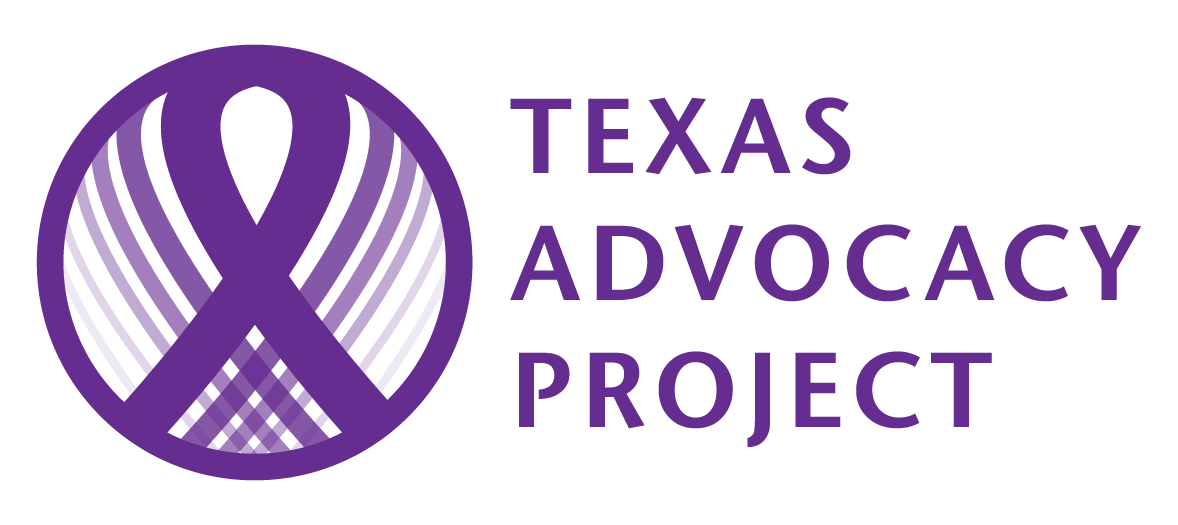The Department of Education just released new regulations for universities and K-12 schools that limit how schools must respond when sexual harassment occurs. Some situations are no longer required to be investigated, and consequences for schools that fail to act on others are lowered.
The new Title IX Regulations are effective August 14, 2020.
Title IX applies to public schools and private institutions that accept federal funding. Even private kindergartens usually accept some Federal funding for things like school lunch programs, so this law applies to most schools.
The Department of Education has changed the definition of “sexual harassment” to make it narrower. To be considered sexual harassment by the school, the harassment must either be so bad that it harms the student’s grades or ability to participate in and attend school; involve sexual assault, dating violence, domestic violence, or stalking; or involve unwelcome offers for sexual acts, for example, offering a better grade in exchange for sex. Under the new rule, if the abuse in the report does not meet the new definition of “sexual harassment”, a school MUST dismiss it. This may force the victim to experience repeated abuse before the school is required to help.
The location of the incident matters! The Department of Education now requires that the misconduct happen on school property or at an activity where the school exercises “substantial control.” This covers the school bus and field trips. However, it does not cover instances of harassment off school property nor at non-school related events. This poses concerns for online harassment or harassment when walking home from school, for example. The old regulations allowed investigations and school action for misconduct that occurred off campus and off school grounds.
It is important to know who is required to act on a report of sexual misconduct. If the student/parent reports to an individual who is not required to act on such a report, then the report may go uninvestigated. College institutions and K-12 institutions are different regarding who the student/parent must report to. For K-12 institutions, a coach or trainer would be required to report if that coach is an employee. However, for college institutions, the report must be made to a Title IX Coordinator, or someone like a Dean, to require any university action. Therefore, a university coach would not be required to take any actions, regardless of whether the coach knew of the sexual misconduct.
The Department of Education does provide both the victim and the perpetrator supportive resources individually after reporting misconduct, including counseling and class withdrawal at no penalty to the student.
Certain Texas laws conflict with these new Federal rules. In many ways, the Texas law create better protections for victims of abuse. Institutions in Texas will need to consider both sets of laws or could face consequences at the state or federal level respectively.
If you or your children have questions about an incident of sexual harassment or abuse at school or elsewhere, speak to a Texas Advocacy Project attorney for free at 1-800-374-HOPE.
Sources: The Department of Education / Know Your IX / National Women’s Law Center / Texas Association Against Sexual Assault




